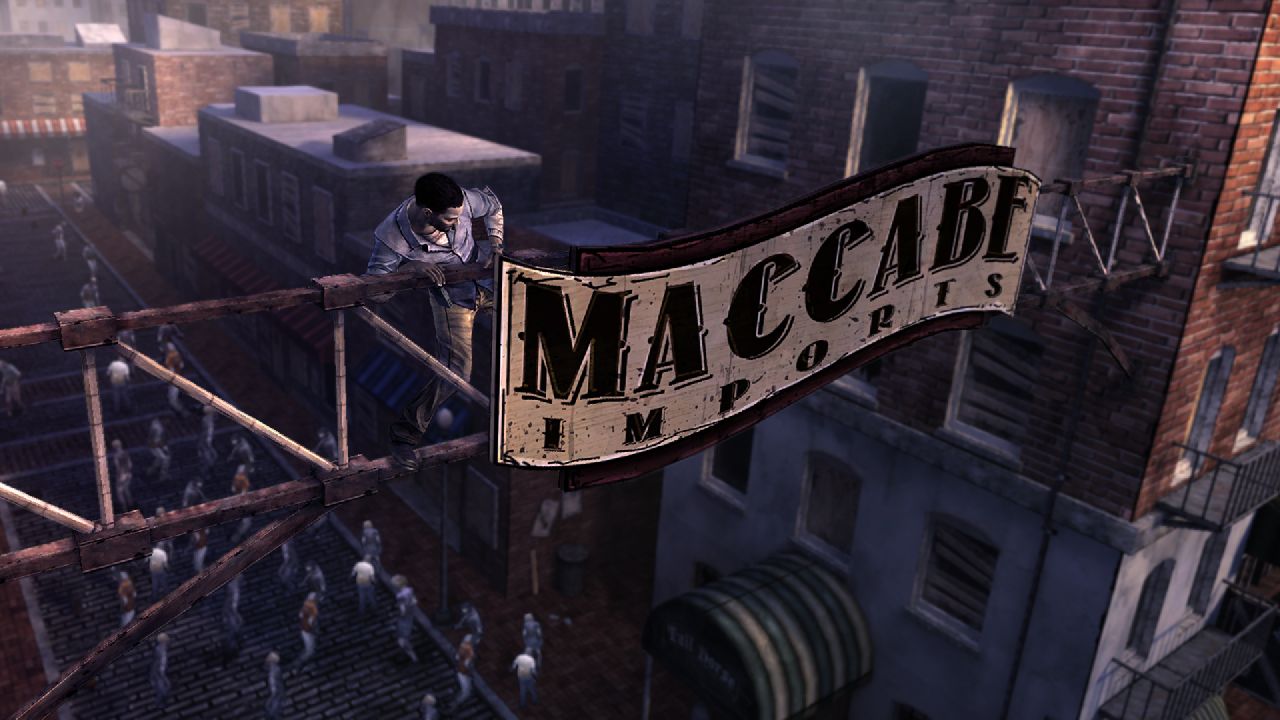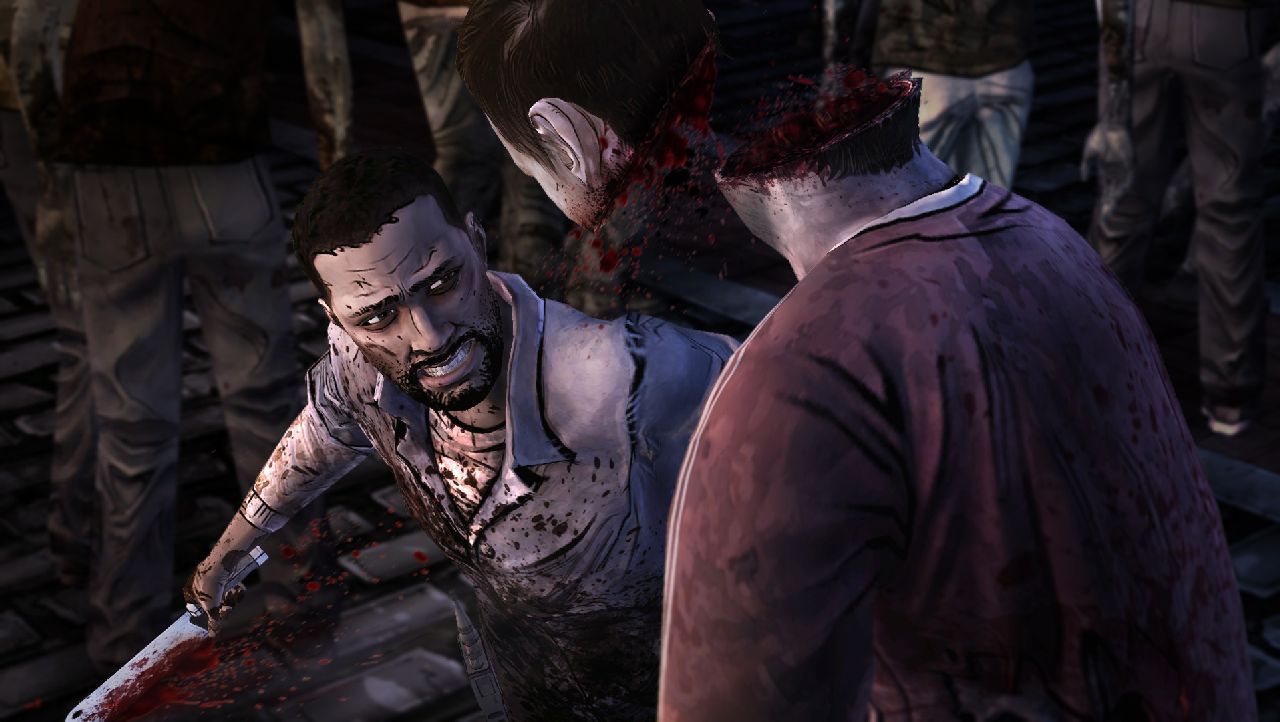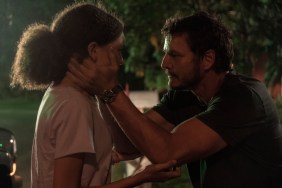Storytelling at its finest.
Daniel Bischoff and I joke on occasion about how I don't really like to "play" video games. For me, it's never been about racking up the highest score or finishing on the hardest difficulty. Instead it's about taking part in an experience I would otherwise never have, engrossing myself in a story that I am not just observing, but influencing. For me, the main draw of video games lies in their ability to provide an interactive narrative that strikes an emotional chord like no other medium can.
That is why the first season of Telltale's The Walking Dead is easily my favorite game this year and undoubtedly one of the most memorable gaming experiences I have ever had. Coming off two rather underwhelming releases, Telltale Games set out on a quest for redemption, and redemption is what they've found. This is easily their best effort to date and worthy of Robert Kirkman's branding—dare I say, even more so than AMC's television series.
Those of you who have been following the game all year long will know that the game released episodically every month or two. There are a total of five episodes in all, with each taking approximately two hours to complete. This structure encourages those "water cooler chats" on a semi-regular basis. Like with any popular television show, a massive discussion ensues following each episode. What makes The Walking Dead unique, however, is that not everyone's story is the same.
Sure, Telltale's creation can be simply defined as an adventure puzzle game, but its branching story and dialogue options make it something so much more. Some may argue that there isn't much of a game here, as there's little more to do than direct the character around and click on stuff, but it's this elegant simplicity that makes the game so remarkable. Adventure games have been slowly fading from relevancy over the past few years and The Walking Dead could very well revitalize the genre. Despite the fact that you're doing little more than directing a character around or mashing a button when a QTE prompt pops up on the screen, the decisions you are forced to make give you the sense that you are doing so much more.

You, and you alone, are forced to decide whether characters live or die and which relationships are healed or broken. In the game you play as Lee Everett, a man who stumbles upon a young girl who is all alone after her babysitter turned into a zombie. From that moment on she's yours to protect, but be warned, this isn't a story that ends happily ever after. Don't let the cute aesthetic fool you—this is one dark and heavy game. Prepare to have your jaw fall to the floor more than once and have tears stream from your eyes. This is an emotional roller coaster that will unnerve you, disturb you, and force you to do things you don't want to do.
The involvement of Gary Whitta—screenwriter of the film The Book of Eli—in overseeing the game's story certainly shows, as everything from the pacing to the writing is perfectly executed. As you progress throughout the game, you get to know each and every character, making it all the more difficult when it comes time to take sides or leave someone behind. If you have even an ounce of humanity within you, the game's powerful narrative will stick with you long after the credits roll.

When I finished the final episode of The Walking Dead, eyes welling up with tears, I started thinking about the possibilities of where Telltale might take the series in Season Two. The series only got better with each subsequent chapter, so I can't wait to see how the studio plans to expand the franchise further in 2013. This might sound totally ridiculous, but as of right now, there isn't a game I'm more excited about. Forget BioShock Infinite or The Last of Us. I want more of The Walking Dead!
-
Gorgeous art style
-
Incredible cast of characters...
-
...brought to life by some of the best writing in any video game ever
-
Emotional, heart-wrenching story...
-
...which is broken up nicely by its episodic structure...
-
...and shaped by the choices you make
-
Puzzles are relatively simple
-
Minor technical hiccups pop up on occasion










